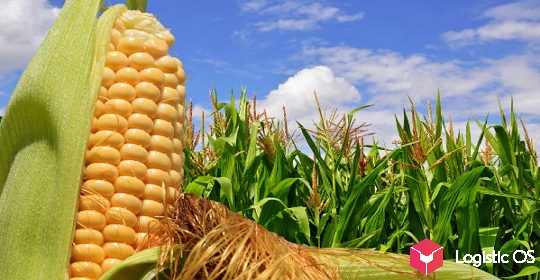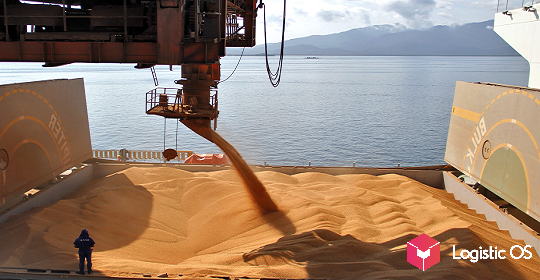Brazil is currently setting an ambitious goal to replace up to 50% of domestic demand for fertilizers by 2050.
Today, Brazil is one of the largest importers of mineral fertilizers, with fertilizers imported from abroad accounting for up to 87% of domestic demand.
Up to $25 billion is spent on this annually.
By the way, Brazil is one of the largest supplier countries of agricultural products, so such a high dependence on fertilizers significantly narrows the horizon of opportunities for producers and their marginality, since they have to give up a significant portion of their profits for expensive goods from abroad.
For this reason, the Brazilian government developed and approved the National Fertilizer Plan at the end of last year, and is now creating the Center of Excellence in Fertilizers and Plant Nutrition (CEFENP).
The task of this center will be to coordinate and support projects that can help achieve the ambitious goal of import substitution of fertilizers.
In particular, it is noted that such projects may include initiatives of business groups, new factories, research and development work, as well as infrastructure and logistics enterprises.
However, not every project will be added to the strategic portfolio of projects. In order to select the most promising, certain criteria have been established.
In particular, the project must be at an advanced stage of planning or implementation, and, of course, it must have a clear and noticeable potential to increase Brazil’s own capacity in the field of mineral fertilizer production.
At the moment, 65 projects have already been selected and approved, with 51 of them being state-owned and only 14 private.
In addition, the Brazilian government plans to approach the issue of import substitution of fertilizers with businesses, corporate and private investors who could contribute to stimulating the development of Brazil’s own fertilizer production.
At the same time, the government has already created Biofert, an initiative that combines special credit lines, technical research and innovative research to support companies that may have potential in the production of organic and organomineral fertilizers from waste: both agricultural and urban.
It is planned that this will not only increase production volumes, but also improve the environmental situation in the country.

